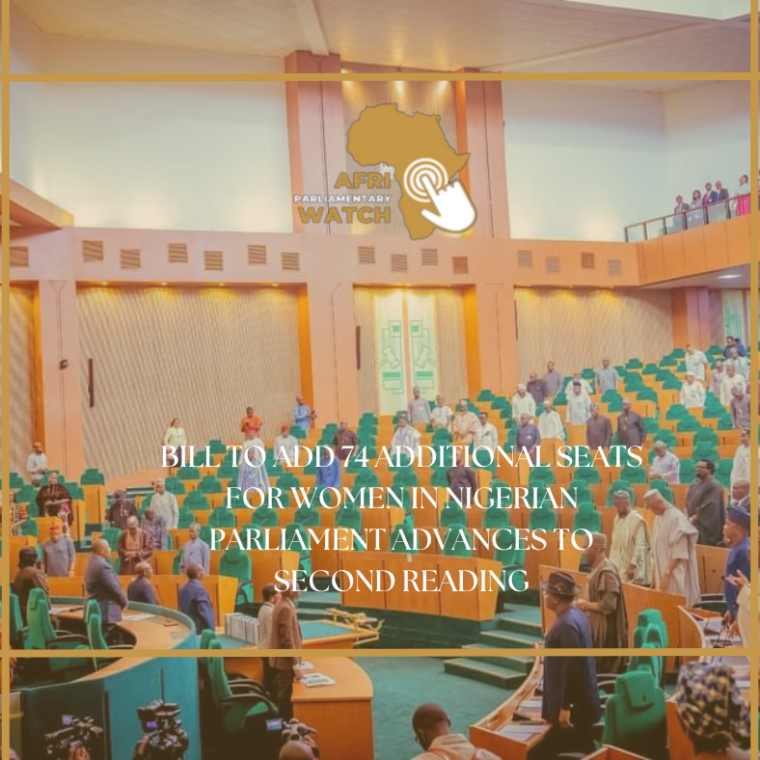Ethiopia: Authorities Urged to Halt Use of State of Emergency Laws to Suppress Peaceful Dissent
Ethiopian authorities have increasingly used the state of emergency to stifle peaceful dissent by detaining prominent critics and journalists, Amnesty International reported today.
On February 2, 2024, Ethiopia’s House of People’s Representatives extended the state of emergency, initially declared in August 2023 due to escalating violence between government forces and the Fano militia in the Amhara region. The extension grants authorities broad powers, including the ability to arrest individuals without warrants, impose curfews, restrict movement, and ban public gatherings.
Amnesty International’s Regional Director for East and Southern Africa, Tigere Chagutah, criticized the Ethiopian government for exploiting emergency laws to suppress fundamental rights. “In the face of ongoing conflicts and humanitarian crises, the government must cease using emergency laws as a pretext to deny basic freedoms. The role of the media and the right to freedom of expression are more crucial than ever,” Chagutah stated.
The state of emergency’s extension has not been officially published in Ethiopia’s Negarit Gazette, raising concerns about transparency and the right to information. This lack of clarity undermines citizens’ ability to understand and comply with the law.
Since the declaration of the state of emergency, five politicians and three journalists have been arrested without formal charges. Notable detainees include Christian Tadele, a federal parliament member known for his criticism of Prime Minister Abiy Ahmed, and Kassa Teshager, a member of the Addis Ababa City Council, both arrested on August 4, 2023. Yohannes Boyalew and Taye Denda were also detained for their criticisms of the government.
The extension of the emergency laws on February 2, 2024, led to further detentions, including Desalegn Chane, an opposition parliament member known for his critical stance against the prime minister.
Family members of the detained have reported that the individuals remain in custody without charges and have had limited contact with their lawyers. Ethiopian media has reported mass arrests in Addis Ababa and the Amhara region, with Prime Minister Abiy Ahmed confirming that thousands have been detained under the state of emergency.
Amnesty International condemned the mass detentions and called for adherence to national and international human rights standards. The organization urged Ethiopian authorities to either file charges against or release all those detained under the emergency laws, including high-profile politicians and journalists.
Amnesty International’s statement underscores the need for Ethiopia to uphold both national laws and international human rights obligations, particularly in light of ongoing conflicts and reports of extrajudicial killings by government forces in the Amhara region.
Background: The Ethiopian government has frequently utilized states of emergency to crack down on dissent. During previous conflicts, thousands were detained without due process. The current state of emergency has led to further restrictions on information and communication, exacerbating human rights concerns. Both the International Covenant on Civil and Political Rights and the African Charter on Human and Peoples’ Rights, which Ethiopia has ratified, mandate that emergency measures should be strictly necessary and proportionate, without derogating essential rights.





